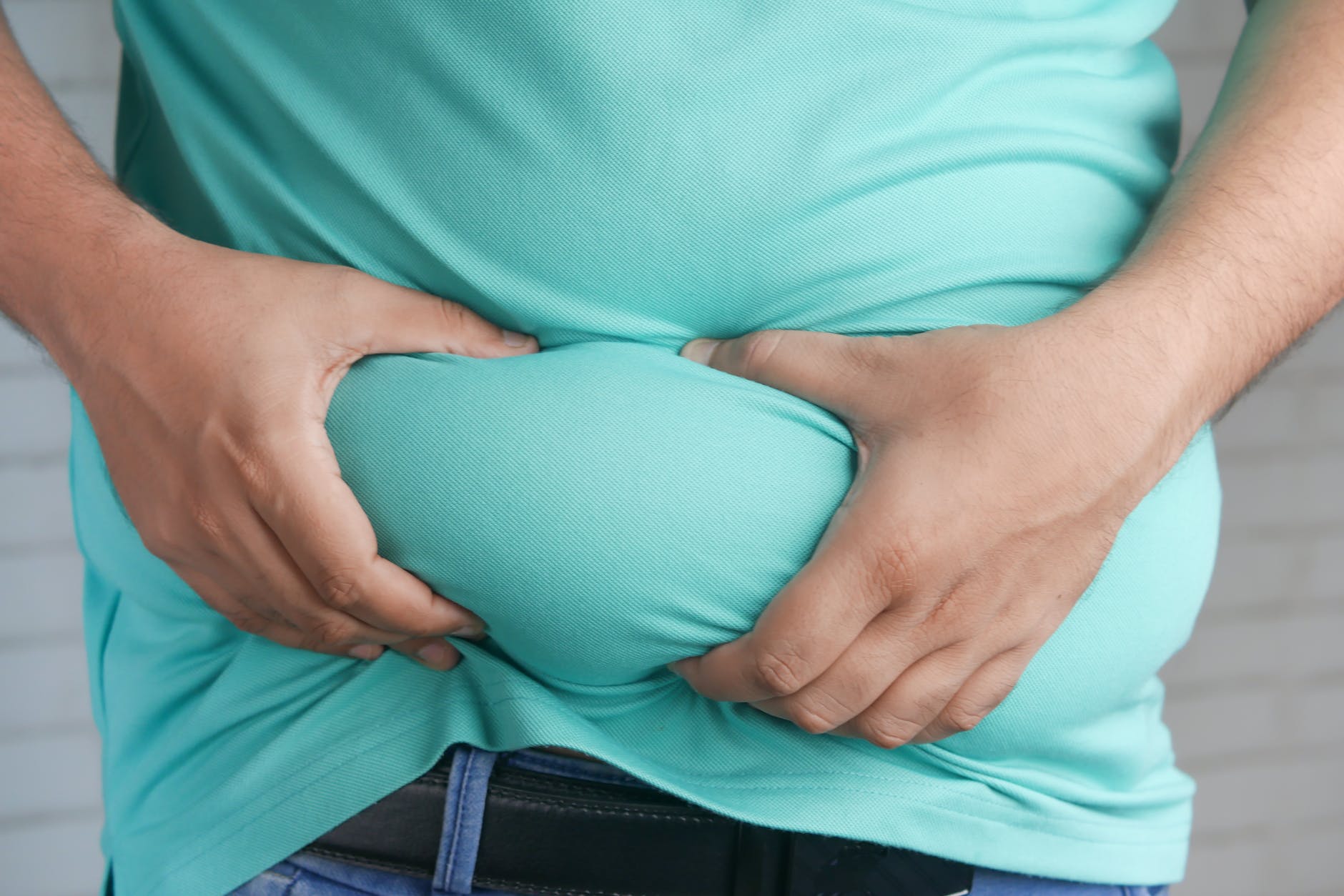
Have you ever asked yourself:
Do I want to lose weight or fat?
And I’m going to ask you that same question:
Do YOU want to lose:
Weight?
Or fat?
Because weight loss and fat loss are 2 different concepts.
The Difference Between Weight loss and Fat loss
Everyone who wants to “lose weight”, or at least most people who say they want to lose weight wants to lose fat.
Hence terms like “lose belly fat” or “lose thigh fat” are used everywhere.
Their main goal is to lose fat, but they lose weight instead of just “fat”.
Weight loss is losing muscle, water, and some fat collectively.
However, fat loss is losing just fat alone.
People Lose Weight Instead of Fat
You have to go in a “calorie deficit” to lose weight, but not to lose fat.
When you go on a calorie deficit, you burn more calories than you consume, and when you burn more calories than you consume, your body loses its muscle, water, and fat instead of just its fat.
Even if you do strength training, intense cardio can hinder your muscle recovery, which results in less recovery for your muscles.
So if you did another strength training session straight after, you would be unable to perform at your maximum, and your muscles would be weaker over time.
Common Mistake!
When people lose weight, they lose it temporarily, and after a holiday, for example, they gain the fat back.
Why is This the Case?
People don’t know why they carry a lot of fat, whether it’s on their belly or not.
You carry a lot of fat because you eat the wrong foods.
You are eating processed foods high in glycaemic sugar (like maltodextrin).
These spike your insulin, so your body asks for more.
And those are the cravings you get for those foods.
Your body treats most of that junk as sugar, so it stores it as fat in your body.
Your body stores it for later use, but you haven’t taught your body to use that excess fat as energy.
Therefore, you must teach your body how to use those tens of thousands of calories on you.
How to Teach Your Body to Use Your Excess Fat as Energy
You do this by controlling your insulin.
You control your insulin by reducing the amount of processed foods you consume and reducing refined carbs, like white bread.
Overall, you must reduce the amount of sugar and processed foods you consume.
It will keep your insulin level, and you’ll have less cravings.
When you raise the amount of healthy fats you consume, like avocados and omega-3 in fish, you’ll teach your body to use fat as an energy source instead of relying on carbohydrates.
Fat contains double the energy of carbs and protein, so you will feel more energised when you teach your body to use fats instead of carbs as your energy source.
It will take some time since your body is familiar with carbs as its main energy source.
So you must get into the habit of consuming healthy fats, and you must have more of them in your diet.
Here’s what you’ll notice
Firstly, you will just lose the excess fat and not muscle.
But note that when you don’t work out frequently, you will lose muscle and weaken over time.
But because you won’t need to do intense cardio to lose fat, your muscles will be able to recover adequately and perform just as well or even better in your next workout session.
However, doing light cardio is completely fine, and it’ll boost the rate at which you lose weight because your body is using your excess fat as energy to perform the cardio.
Doing cardio with too much intensity isn’t necessary because it will hinder your muscle recovery.
Conclusion
- Fat loss is when you lose fat, but weight loss is when you lose muscle, water, and fat
- You want to lose FAT, not WEIGHT
- You do this by controlling your insulin
- You control your insulin by reducing the sugar and processed foods you consume
- You won’t need to go on a calorie deficit and “burn off calories” because your body will use its excess fat as energy
- Light cardio is the best if you are considering cardio
- Only fast if you are ready to!
I got this information from a psychiatric nurse, Eddie Abbew. If you don’t know already, he is also a bodybuilder and has been in the fitness industry for many decades.
He has done experiments with the foods he ate (maybe not performing chemical reactions with them), but seeing which foods were good for his body or not.


